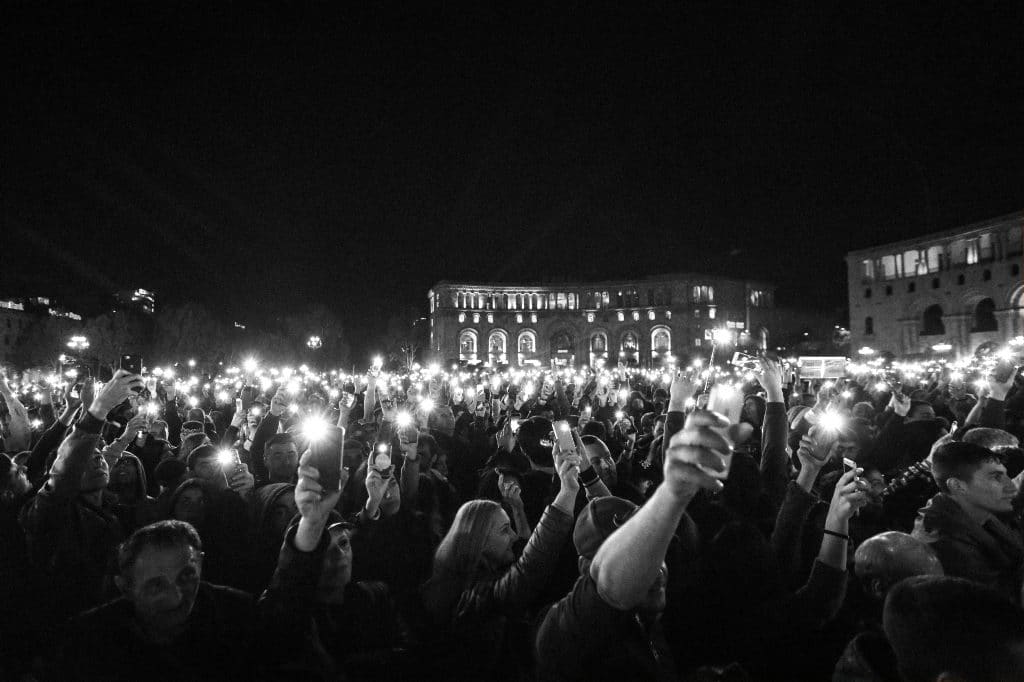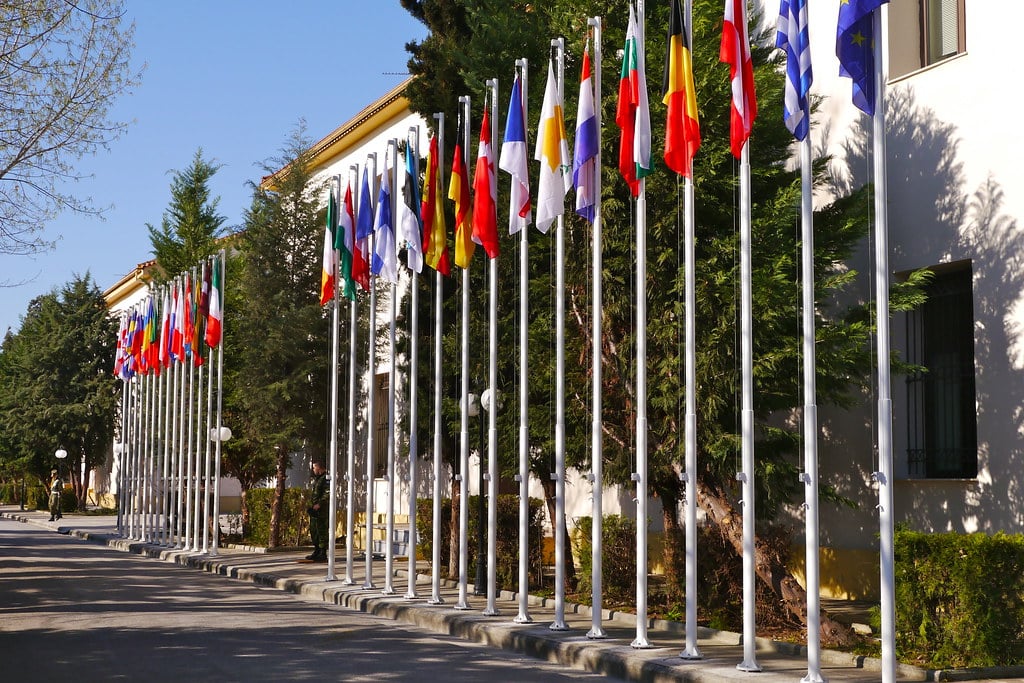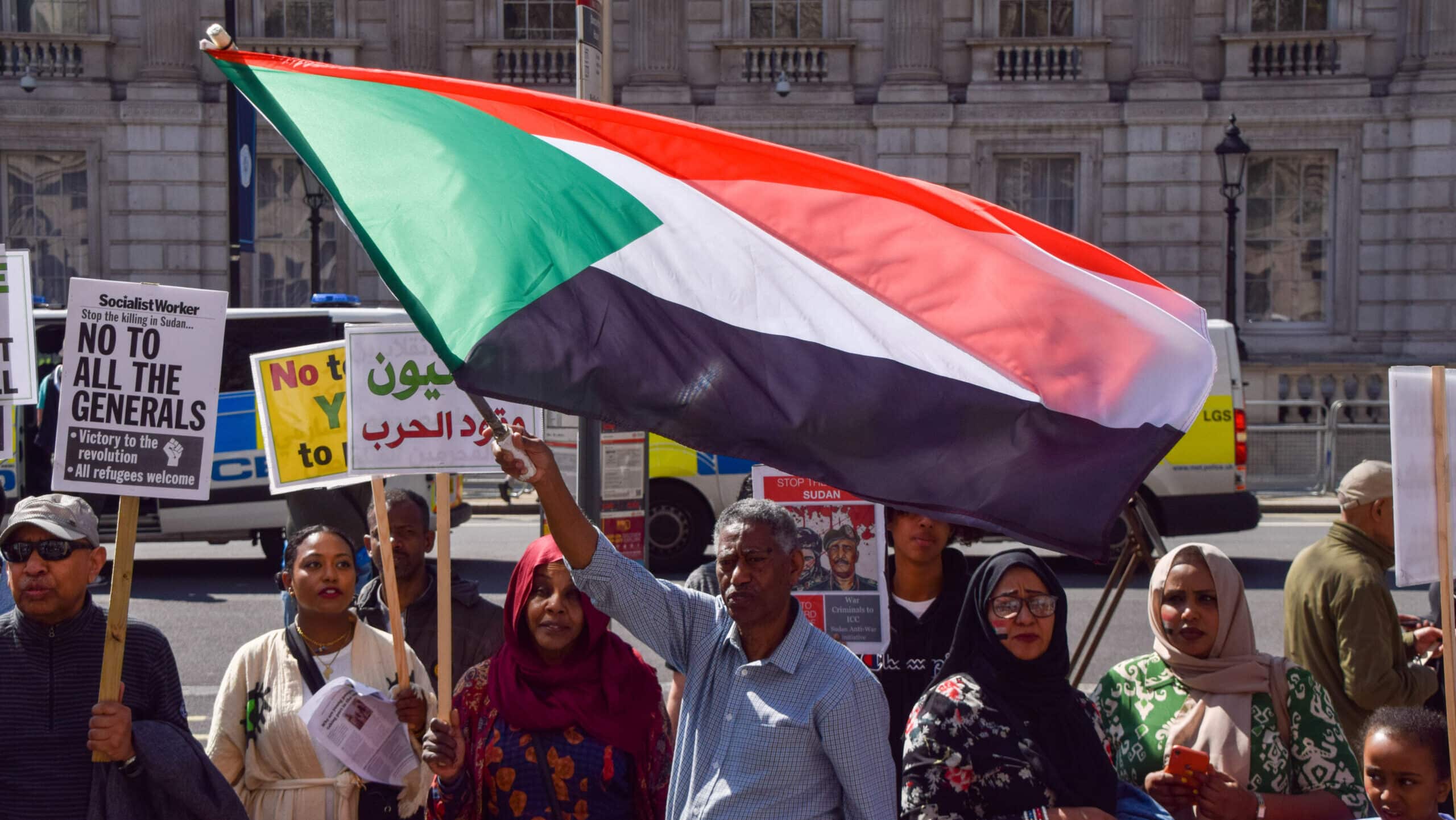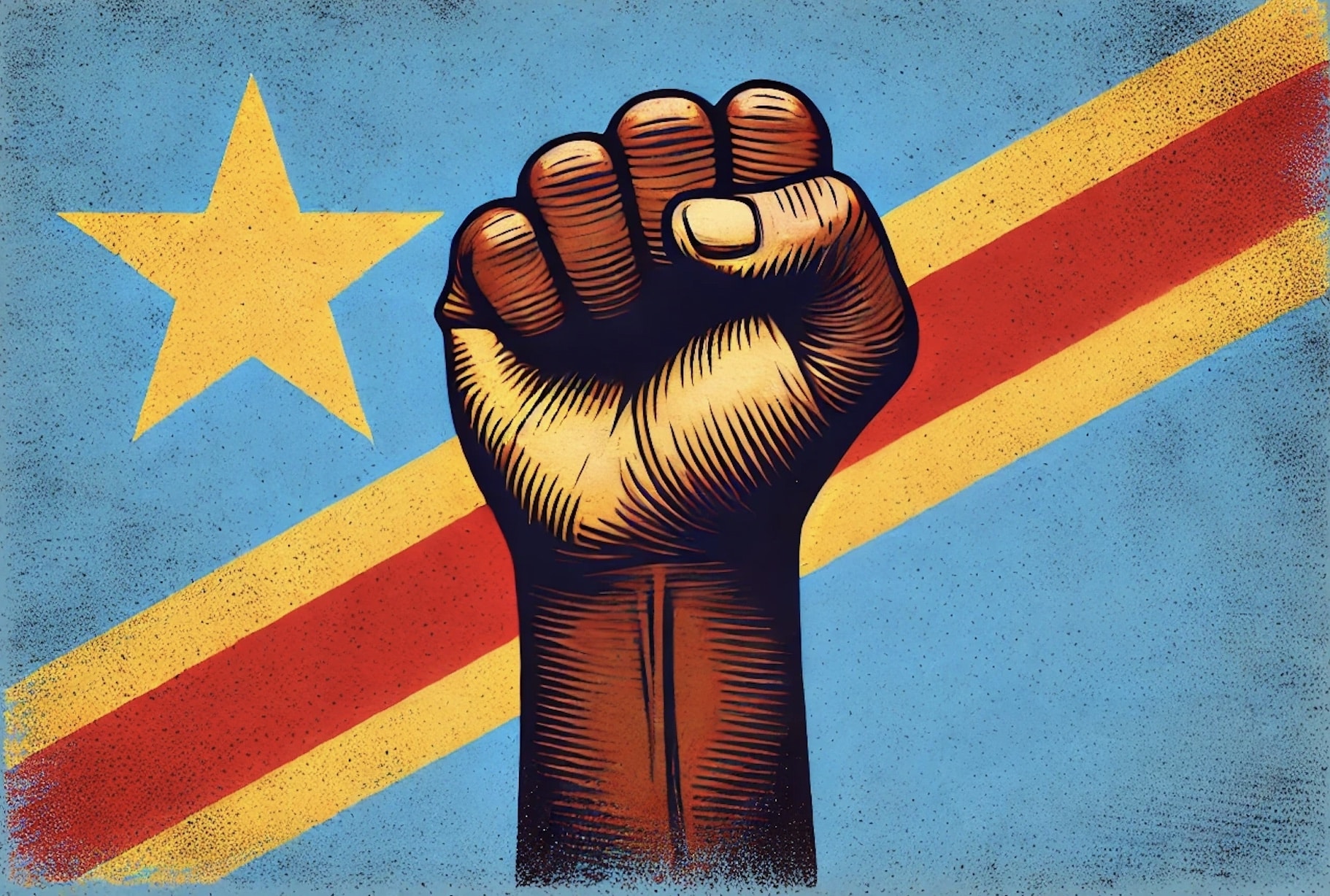In the summer of 1988, as a 19-year-old history student, I visited Berlin. The wall divided the city and in my mind there was only room for the East-West world in which we lived. In retrospect, you can say that there were many signs of the change that was coming even then, but a world without division, without a wall, it simply never occurred to me that it was possible.
When you are in the middle of a development, it is impossible to see the outcome. As a historian, you should also keep away from predictions. At least that is what we were told at school: "we do not have a crystal ball". For many, the fall of the Berlin Wall ushered in an era of hope and optimism, although of course the 1990s also saw many horrors. The Yugoslav war, the genocide in Rwanda, the civil war in Congo, the first Gulf War and the massacres after the fall of the Soviet Union. The new order brought much good as well as much misery.
Healing on the European continent
The European Union developed at lightning speed during this time. Including new countries was an end in itself. The historical rift on the European continent had to be repaired and hard work was being done to achieve healing. German unification was the first step and then the rest followed. Countries were allowed to join a voluntary Union of nation states, unique in the world, established on the basis of economic principles and shared values. Perhaps it was those shared values that led to a sense of optimism? They were set in 1993 at an EU summit in Copenhagen and revolved around: human rights, freedom of media and expression, protection of minorities, an independent rule of law and a functioning democratic political system. If you met these as a country, you could really start adopting all EU laws and rules until you got the green light and were allowed to become a member.
It took another 10 years until 10 countries were allowed to join and then it happened drop by drop. In 2004, it was celebration time, because it was a historic event and the government leaders of the time realised this all too well. Although countries did not always fully comply with the conditions, the project had to continue and the government leaders, led by Germany and France, decided to press ahead. In retrospect, you can say that this was where the seeds were planted of the crisis we find ourselves in today.
Concrete rot in the European Union
A few weeks ago, I visited Tirana, the capital of Albania. I was stunned by the enormous development this country had undergone. A huge building boom had led to a huge change, as if the country wanted to shout from the rooftops: we are ready for the EU! The EU allows six more countries to join: Albania, Northern Macedonia, Kosovo, Serbia, Montenegro and Bosnia and Herzegovina. This was recently reaffirmed at an EU summit at Brdo Castle in Slovenia. But no one ventures to predict dates. Indeed, there is outright pessimism about whether it will ever happen.
For within the EU there is concrete rot. The Copenhagen criteria, from which we derived our optimism in the 1990s, are under severe pressure. Countries are tinkering with our shared values, choosing to attack the rule of law, free media and minorities. China and Russia are poised to destabilise the EU, offering a completely different value system as an alternative. Human rights are under increasing pressure. Poland and Hungary are often mentioned, but this virus is rapidly spreading to other countries. In this respect, how do we view the failure of our own Dutch government in the tax administration affairs? It is still impossible to predict the future, but we should not ignore the alarm bells.
Could democracy, free speech, human rights and the rule of law ever succumb to the pressure of crises within the EU and threats from outside? I cannot imagine it any more than that 19-year-old could imagine the Berlin Wall falling. Therefore, a call to all those who care about our free society. Make yourself heard and stand up for our common values.
Arjen Berkvens, director Max van der Stoel Foundation





